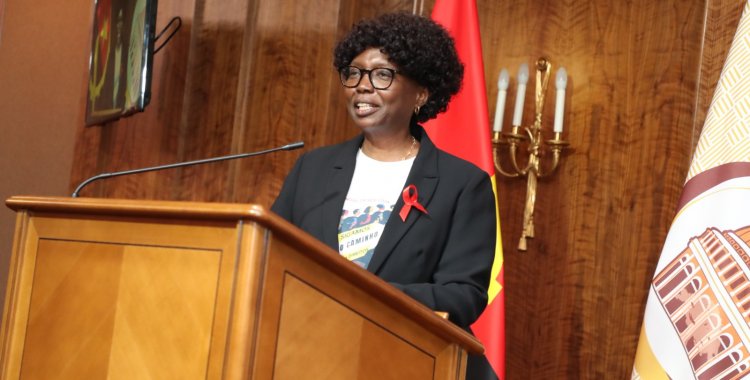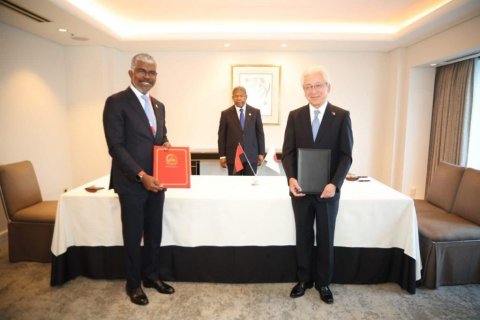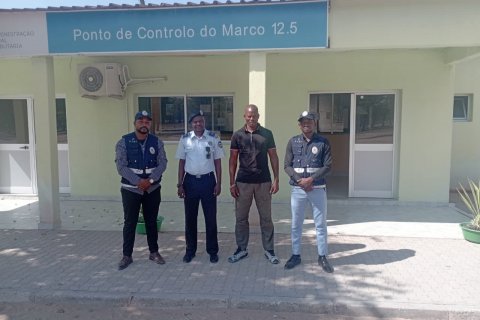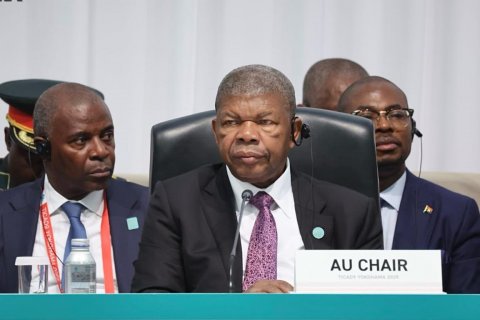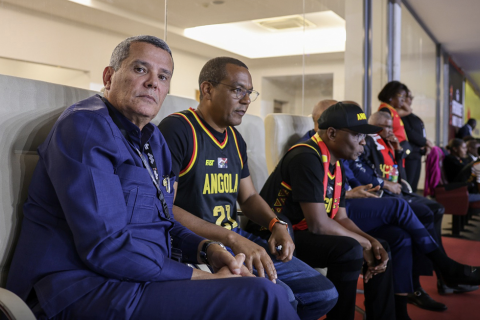Quoted in a statement from parliament, to which VerAngola had access, Sílvia Lutucuta highlighted the "advances and challenges" in the fight against this disease in the country, as well as making reference to "the importance of expanding access to antiretrovirals and early diagnostic tests, the difficulties imposed by stigma, misinformation and geographic barriers".
At the time, she considered that "every life saved is a victory, but there is still a lot of work ahead".
According to the minister, the fight against this disease "goes beyond governmental scope", requiring the whole of society to be involved.
The holder of the Health portfolio also highlighted the fact that it is urgent to eliminate prejudice and discrimination, considering them as "the biggest barriers for those living with HIV".
Another priority, she said, is "ensuring that everyone has access to treatment, regardless of their location or social status".
According to the minister, fighting stigma is as fundamental as providing medicines and services. Thus, the minister "called for general mobilization, stressing that combating stigma is as essential as providing medicines and services, as only with inclusion and education will it be possible to achieve global goals to eradicate the epidemic", says the statement.
Although there are constant achievements and efforts, the minister reiterated that there is still "a lot of work ahead" to reach the goal of treating 95 percent of those diagnosed and reaching the same number of patients undergoing treatment with an undetectable viral load.
According to the minister, health is related to other fundamental issues such as reducing inequalities, safeguarding human rights, among others, considering that to eliminate AIDS by 2030, economic, cultural and legal inequalities must not exist.
"We therefore count on the support of deputies, the representatives of the people, because we need to increasingly strengthen multisectoral involvement to guarantee access to primary health care for people living with HIV, especially within communities, responding to the needs of our populations", she pointed out, cited by Angop.
Carolina Cerqueira, president of the National Assembly, also spoke at the session, considering that the response to this disease "must be inclusive and guided by human rights, calling for joint action between public and private institutions to combat stigma and guarantee universal access to services of health".
"Today is a day of reflection and renewal of collective commitment to combat HIV/AIDS, an epidemic that is not only health-related, but also social and economic," said Carolina Cerqueira, quoted in the parliamentary note.
"The parliamentary leader presented alarming data on the prevalence of HIV/Aids in Southern Africa, the most affected region in the world. In Angola, it is estimated that thousands of people live with the virus without regular access to antiretroviral medicines", points out the statement.
Thus, Carolina Cerqueira considered that this "reality requires an urgent response, coordinated and supported by effective public policies".
"We cannot accept that, in the 21st century, lives are lost due to lack of access to healthcare," she said, adding: "This fight cannot be won by isolated efforts, it needs everyone's unity. Health is a fundamental human right , and as long as there is one person without access, our work will not be completed".
In turn, the UN-Aids representative in Angola, Hege Wagan, highlighted the significant progress in reducing new infections.
"Since the 1990s, infections have declined by 60 percent in many regions of the world, but progress is still uneven. In Angola, we need to redouble efforts, increase funding for prevention programs and combat stigma, which is often the greatest barrier for those living with HIV", she highlighted.

